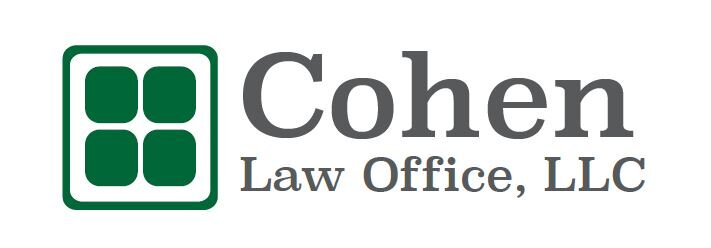If you have decided that Chapter 7 bankruptcy is your best option, you will most likely go through a liquidation process. In Chapter 7 bankruptcy, the debtor is required to turn over certain types of property to the bankruptcy trustee. The property will then be sold, and the property will be used to pay off your debts. This process of selling property is called liquidation.
Hiram Bankruptcy Lawyer
If you are considering bankruptcy and have questions about liquidation, it is best to contact a dedicated Marietta bankruptcy attorney.
Often, people going through Chapter 7 bankruptcy want to know what assets they will be required to turn over in the liquidation process and which they will be allowed to keep. Nonexempt assets are ones that debtors are required to turn over in liquidation. However, most debtors’ assets fall within the exemptible property limits
Nonexempt Assets Include:
- Expensive musical instruments (unless you are a professional musician)
- Stamps, coins, and collections of other valuable items
- Family heirlooms
- Cash, bank accounts, stocks, bonds, and other investments
- A second car or truck
- A second or vacation home
If you do not have any nonexempt assets, nothing you own will be liquidated. Instead, the bankruptcy process will continue without liquidation and all of your eligible debts will be discharged.
Dallas, GA Bankruptcy Attorney
There are some assets that will not be liquidated. These assets are referred to as exempt assets and include:
- Motor vehicles, up to a certain value
- Reasonably necessary clothing
- Reasonably necessary household goods and furnishings
- Household appliances
- Jewelry, up to a certain value
- Pensions
- A portion of equity in the debtor’s home
- Tools of the debtor’s trade or profession, up to a certain value
- A portion of unpaid but earned wages
- Public benefits, including public assistance (welfare), social security, and unemployment compensation, accumulated in a bank account
- Damages awarded for personal injury
When the debtors’ assets are looked at based on the fire sale values, most people do not have assets that fall outside of the scope of the exempt assets.
Hiram Bankruptcy Attorneys
Filing for bankruptcy should not be taken lightly. Whether you are considering filing for bankruptcy or have already decided to file, consult with an attorney for guidance throughout the process. If you have any questions regarding bankruptcy or would like to know what you will be allowed to keep in the liquidation process, discuss all of your options with an experienced bankruptcy attorney at Cohen Law Office LLC.

